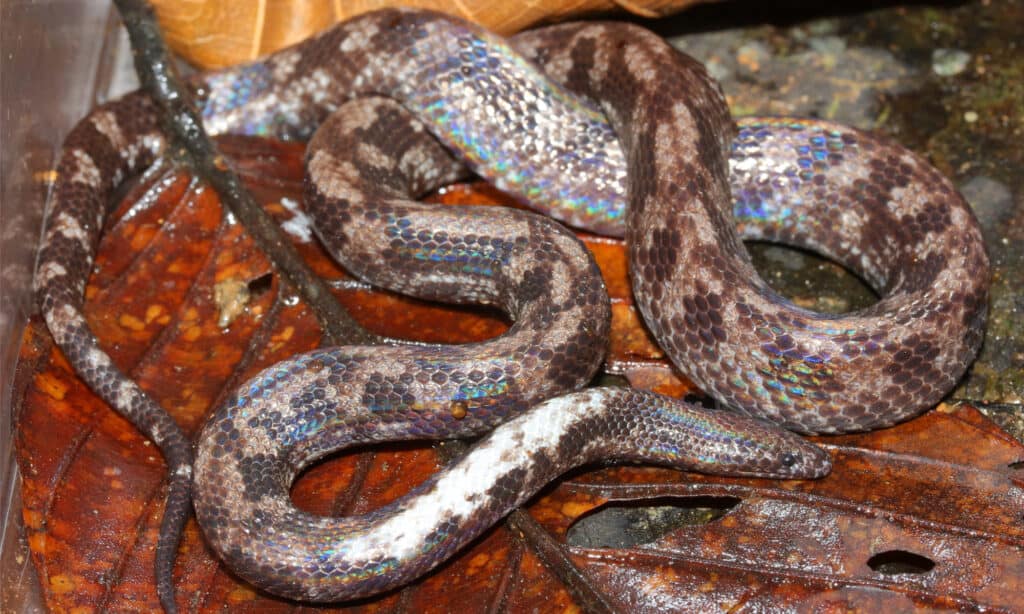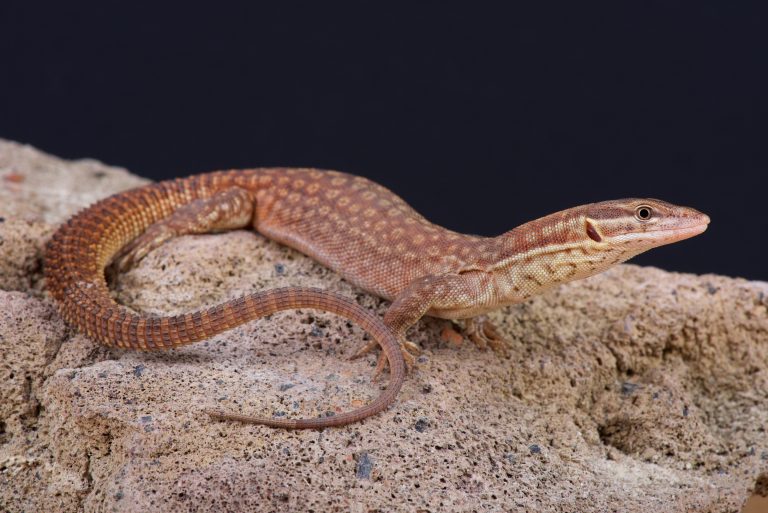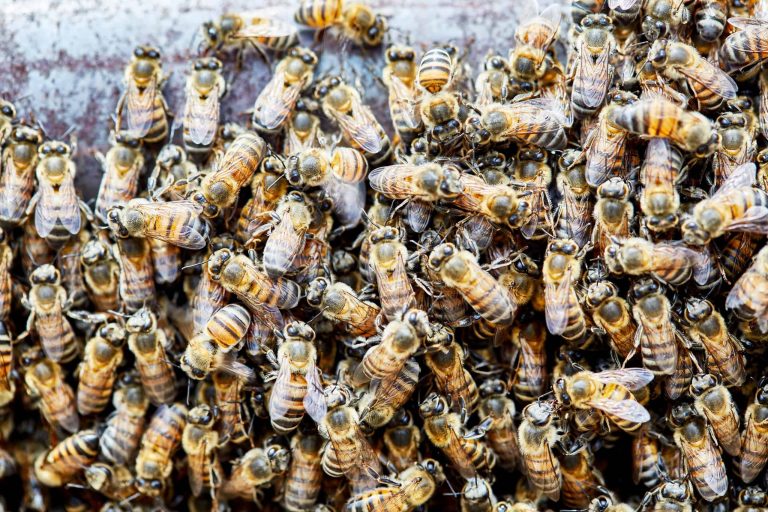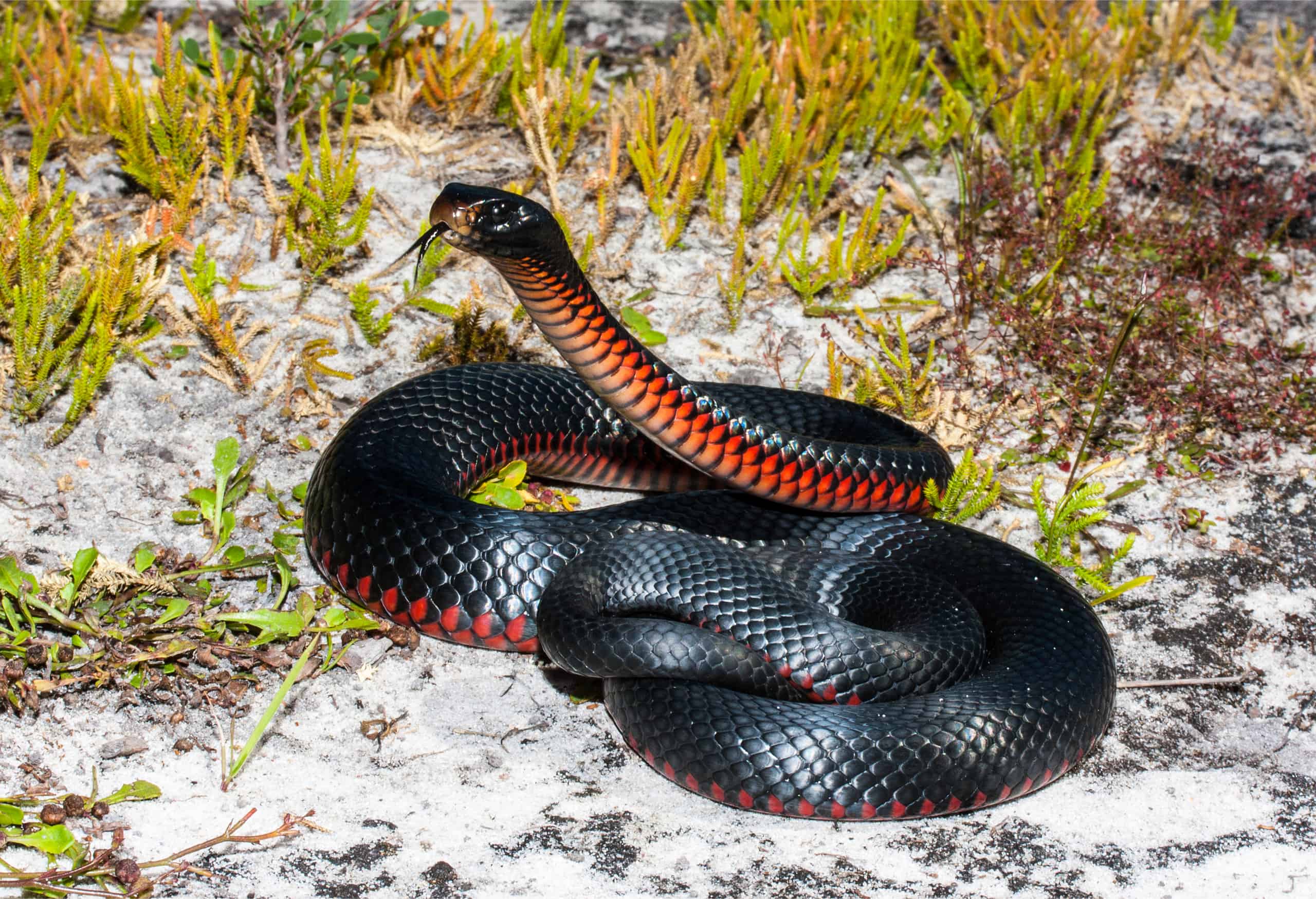The Sunbeam snake is just one of 2 species of rainbowlike- scaled, non- poisonous, nighttime snake located in Southeast Asia.
Their ranges in the color can look brownish, pink, or purple, however in the light, the dark grey, black, or brownish ranges blink with extreme, metal shade. They are periodically maintained as pets due to the fact that they are fairly manageable and need just a tiny container dimension. Sunbeam snakes are among the earliest living reptile species and have a skeletal framework that varies dramatically from more recent species.
Sunbeam Snake Fantastic Truths
- Sunbeam snakes are nighttime.
- Unlike many various other snakes, sunbeam snakes delight in the moist.
- Sunbeam snakes have 2 lungs rather than simply a solitary lung like many snake species.
- Sunbeam snakes like to tunnel in the mud.
- An albino sunbeam snake shows up pink rather than black.
- Sunbeam snakes are a kind of constrictor, implying they eliminate their target by pressing it.
Where To Locate Sunbeam Snake
The sunbeam snake is native to the island to Southeast Asia and Indonesia. Its relative xenopeltis hainanensis is located in China and Vietnam. They delight in wet surface with great deals of moist greenery and mud in which to tunnel up until nightfall, so they can commonly be located tunneling in the filth or under fallen leaves. They are located in woodlands and reduced hill woodlands with moist ground greenery, marshy scrublands, rice paddies, and lowland river valleys.
Scientific Name
The sunbeam snake originates from the family xenopeltidae and like all snakes remains in the class reptilia There are 2 species of sunbeam snake identified, consisting of the sunbeam snake occasionally referred to as the rainbowlike ground snake, and a smaller sized, much less usual additional species, which is commonly referred to as the Hainan sunbeam. The scientific names for both species of sunbeam snakes are xenopeltis unicolor, which is the much more usual sunbeam snake talked about right here in this post, and xenopeltis hainanensis There are just a couple of tiny distinctions in between them, mostly when it come to body size and tail dimension. Xenopeltis is a Greek word implying tiny guard, while unicolor ways “of one shade” in English.
Population & &Conservation Status
The sunbeam snake is detailed as being of Least Concern (LC) by the ICUN Red checklist. They can laying in between 3 and 18 eggs at once, and their environment abounds in the meantime. Because they such as to tunnel and just appear in the evening to search experiences with humans in the wild are less than several snakes and they have couple of all-naturalpredators Since their last evaluation back in 2012, their population was detailed as steady. Their occurrence is detailed as “extremely usual.”
Appearance & & Summary
A grown-up sunbeam snake is about 3 to 3 and a half feet in size. They are slim and evaluate around 2 and a quarter extra pounds when completely expanded. Their ranges are a dark and glossy gunmetal grey, black, or dark brownish, with a rainbowlike holographic coating. In the darkness, the snakes might show up dark pink or purple. When light hits the ranges of a sunbeam snake, the ranges seem repainted with metal rainbow halos, similar to the tinted surface area located on an oily pool on the sidewalk, or the tinted swirls on a kid’s soap bubbles. These rainbow halos might reveal any kind of shade of the rainbow, though purple and orange might be more difficult to pick. Their eyes are tiny in dimension contrasted to their wedge- designed head and are black or grey in shade. Albino sunbeam snakes might be pink or white.

iStock.com/ Zdenek Macat
Sunbeam Snake: Just How Harmful Are They?
Sunbeam snakes are not poisonous and as a result, they position basically no risk to humans whatsoever. Both species of sunbeam snake are hardly ever if ever before hostile, other than in extremely certain situations when they really feel endangered. Sunbeam snakes virtually never ever attack humans, other than in the previously mentioned scenarios, such as harsh or too much handling or when inadvertently tipped on. These snakes eliminate their target by tightness, though they will certainly utilize their bite to capture it. If these snakes do attack, there is no poison, however a sunbeam snake bite must be dealt with like any kind of various other leak injury, to shield versus infection. Speak with a medical professional if you are attacked, simply in situation a tetanus shot is required.
Sunbeam Snake Actions and Humans
Sunbeam snakes are not poisonous and are extremely manageable. These points integrated with their appeal make them prominent pets. Nonetheless, their intolerance of greater than periodic, cautious handling and choice for an online diet makes them more difficult to keep as pets for unskilled snake proprietors, so they are not a pet for novices or children. Sunbeam snakes aren’t huge, just 3 feet lengthy or two, so their unit does not require to be huge either. Having a container dimension of regarding 40 gallons is generally enough for as much as 2 sunbeam snakes. The rate for a pet sunbeam snake is additionally affordable, at around $70 to $100. A pet sunbeam snake that is taken care of well can have a life expectancy as long as ten years or even more.














